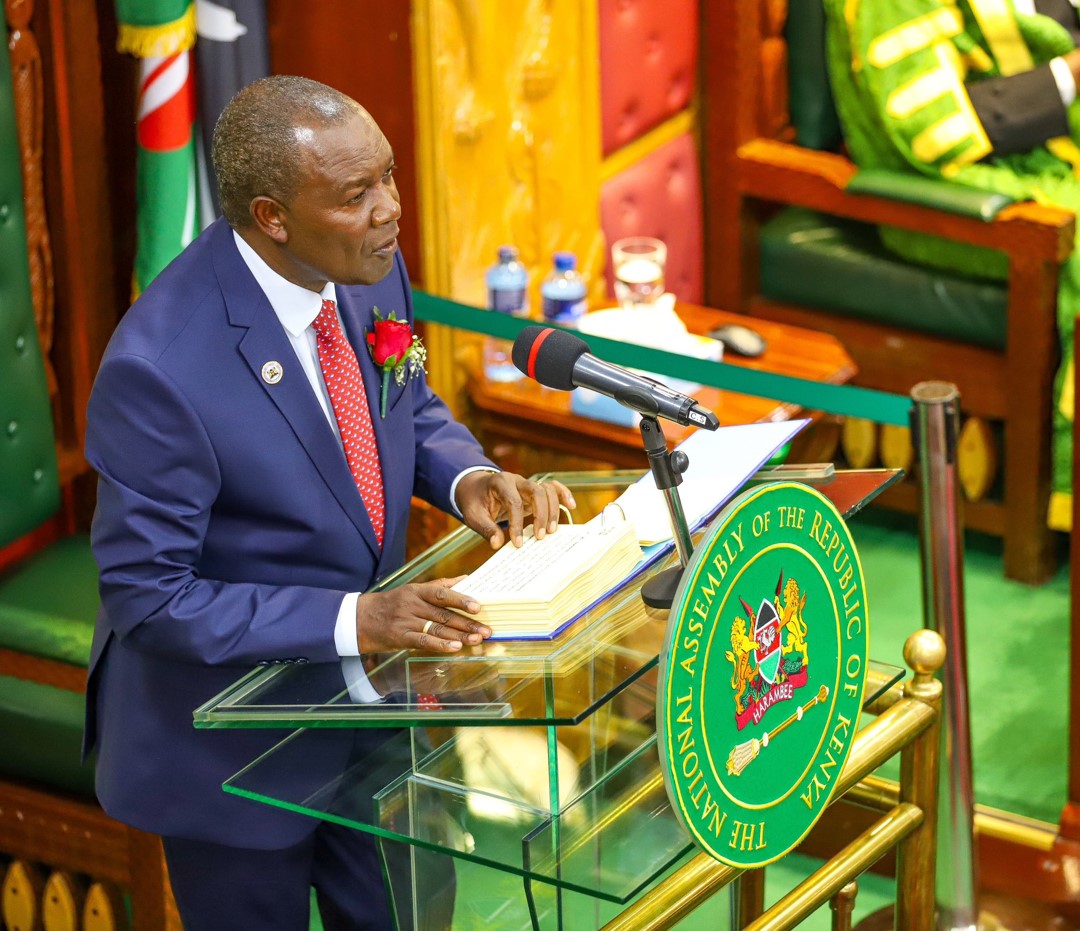State announces stringent measures to curb public sector spending

The Salaries and Remuneration Commission will conduct a thorough audit of public payrolls during this period to eliminate ghost workers and ensure compliance with approved salary scales.
National Treasury Cabinet Secretary Njuguna Ndung'u has revealed a comprehensive measure aimed at curbing public sector expenditures in the 2024–25 budget.
While presenting the budget highlights, Ndung'u emphasised the need to rationalise allocations, particularly focusing on purchasing motor vehicles.
More To Read
- Ruto government allocates Sh680 million for State House renovation despite budget cuts, public outrage
- Controller of Budget hit by Sh70 million slash despite calls for increased funding
- Sports budget slashed by Sh3 billion despite sector’s rising demands
- Treasury CS Mbadi invites public input for June 12 Budget Statement
- Girls in vulnerable communities at risk as state slashes budget for sanitary towels, anti-FGM programmes
- Government to slash Uhuru’s retirement benefits by Sh94.6 million
"The government will suspend the purchase of furniture, refurbishment, and partitioning of government offices for one year," he announced, highlighting a significant cutback in non-essential expenditures starting July 1.
Further austerity measures include a freeze on foreign travel expenditures and a rationalisation of training expenses. Ndung'u stated, "We will restrict all training to within government institutions," indicating a shift towards more efficient use of existing resources.
To control rising recurrent expenditures, the government will halt all new recruitment in the public sector for the next year. "There will be a suspension of all new recruitment in the public sector for the next year," Ndung'u said.
The Salaries and Remuneration Commission will conduct a thorough audit of public payrolls during this period to eliminate ghost workers and ensure compliance with approved salary scales.
In addition, the government aims to minimise expenditure by leveraging technology and will enforce strict adherence to the Public Finance Management (PFM) Act 2012 and PFM Regulations 2015.
This includes stopping government agencies from investing surplus funds and requiring them to surrender them to the exchequer.
These stringent measures underscore the government's commitment to fiscal prudence and efficient resource management, setting the foundation for more sustainable economic governance.
Top Stories Today












































